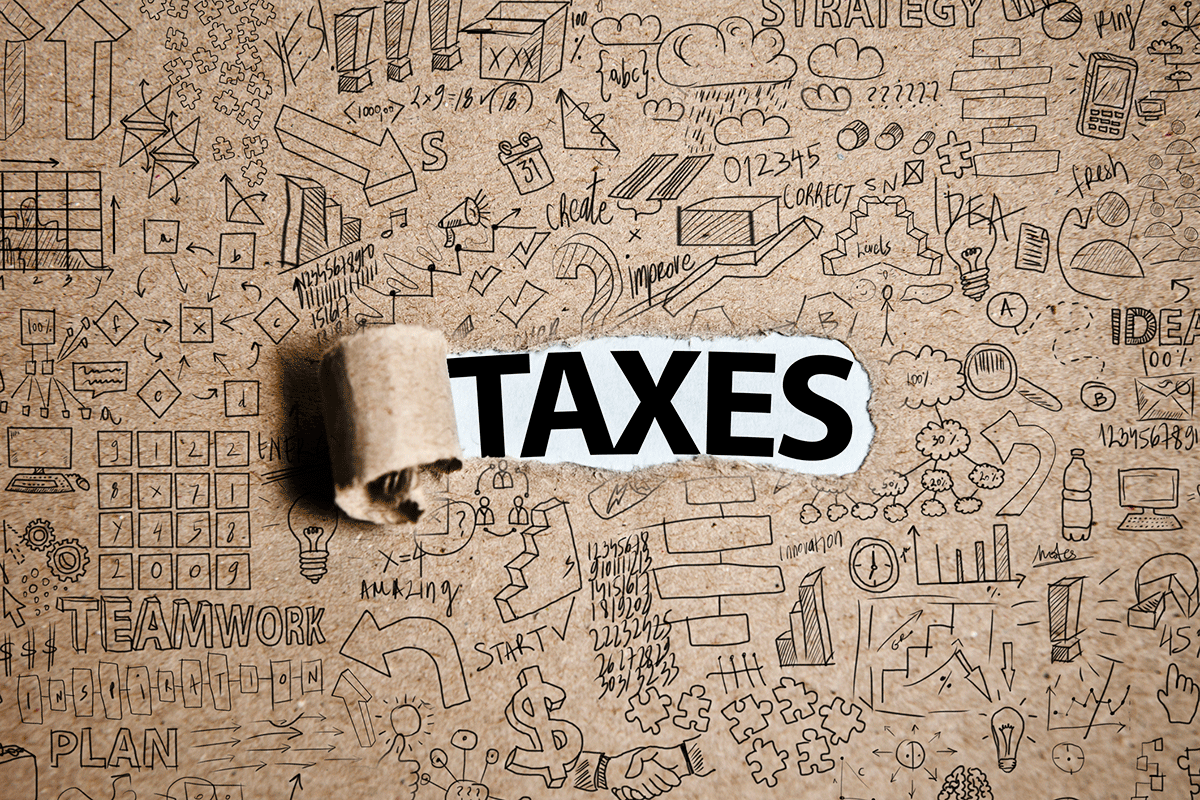RACHEL RICKARD STRAUS: The cost of Waspi compensation and other once-'unaffordable' policies now look trivial
‘There’s no money available’ has been a favourite catchphrase of government for many years
22nd May 2020 16:01
‘There’s no money available’ has been a favourite catchphrase of government for many years

Women who lost out as a result of changes to the state pension age have pleaded with the Government for compensation for years. Millions of so-called Waspi women face financial hardship while waiting to be able to claim the state pension.
The Government response to pleas for help? “There isn’t money available.”
In 2017 when a nurse asked Theresa May why she had suffered a pay freeze for eight years, the former prime minister responded: “There’s no magic money tree”.
From slashing tuition fees to paying a decent state pension to all UK retirees abroad, countless requests receive the same response from government: we can’t afford it.
And yet if you consider what the Government has spent over the past few months, the cost of once-unaffordable policies looks much more trivial.
Every week or so, Chancellor Rishi Sunak holds another press conference in which he practically thrusts Tesco carrier bags of cash at anyone who will take them.
Can’t work? Have a share of £100 billion!
Want a business loan? Have a slice of £21 billion.
Local councils need a hand? Will £3.2 billion do?
Practically overnight the Government went from debt-phobic to shaking that magic money tree with all its might.
Of course, all this spending is essential to protect the economy while we wade through this difficult time. By splashing the cash now, we stand a better chance of bouncing back quickly – keeping people in jobs and paying their taxes.
But I wonder what happens next. Can the Government go back to using a lack of funds as justification for not spending on things it doesn’t want to prioritise?
“We can’t afford it” sounds pretty hollow when you know that when push comes to shove the Government is willing to borrow hundreds of billions of pounds.
Do we admit that the lie has been exposed and have a grown-up conversation about what we spend our taxpayer money on?
Or does the Government lean even more on the “we can’t afford it” line and argue “if we couldn’t afford it then, what makes you think we can now with a coronavirus-related budget deficit of over £300 billion?”
I suspect we will see a combination of the two outcomes in the coming months.
The Government may be tempted to rein in spending to help pay for the recent outlays.
I think in theory people would be able to stomach the idea of some lower spending or higher taxation to pay for it. But, in reality, most spending cuts are extremely unpalatable.
I dare the Government to even think about public sector pay cuts at a time when we are all re-evaluating the value of NHS and other key workers.
Similarly, this does not feel like a fair time to increase taxation on already struggling businesses and households. Or to either cut budgets for local councils or increase council tax bills.
Few spending cuts or tax hikes would not be met with outrage as everyone recovers from this difficult time.
The Government may feel higher taxation of the wealthy would be more acceptable. I don’t think higher-rate tax relief on pensions will survive much longer. But swiping a bit here and there off the wealthiest will not make a huge dent in the Government’s debts.
Most tax hikes are off limits anyway if the Government honours its manifesto. It pledged not to raise VAT or income tax. These are two of its greatest sources of income. It also promised not to scrap the triple lock, which costs billions every year.
So if it cannot raise VAT, income tax, cut public services or freeze public sector pay, what else is there? There may be more sly tax rises – the type that will not cause a fuss. Not adjusting pay or benefits by inflation, for example, rather than cutting them. Finding other complicated areas to raise taxes, such as good old Insurance Premium Tax, which the Government has raised several times in recent years, thinking few people will kick up a fuss because it is so obscure and boring.
I hope, though, that we don’t go down this road. I hope that as we try to mend our public finances, we have a public debate about it – a frank discussion about what the cost will be and how we will pay for it.
This article was originally published in our sister magazine Moneywise, which ceased publication in August 2020.
These articles are provided for information purposes only. Occasionally, an opinion about whether to buy or sell a specific investment may be provided by third parties. The content is not intended to be a personal recommendation to buy or sell any financial instrument or product, or to adopt any investment strategy as it is not provided based on an assessment of your investing knowledge and experience, your financial situation or your investment objectives. The value of your investments, and the income derived from them, may go down as well as up. You may not get back all the money that you invest. The investments referred to in this article may not be suitable for all investors, and if in doubt, an investor should seek advice from a qualified investment adviser.
Full performance can be found on the company or index summary page on the interactive investor website. Simply click on the company's or index name highlighted in the article.